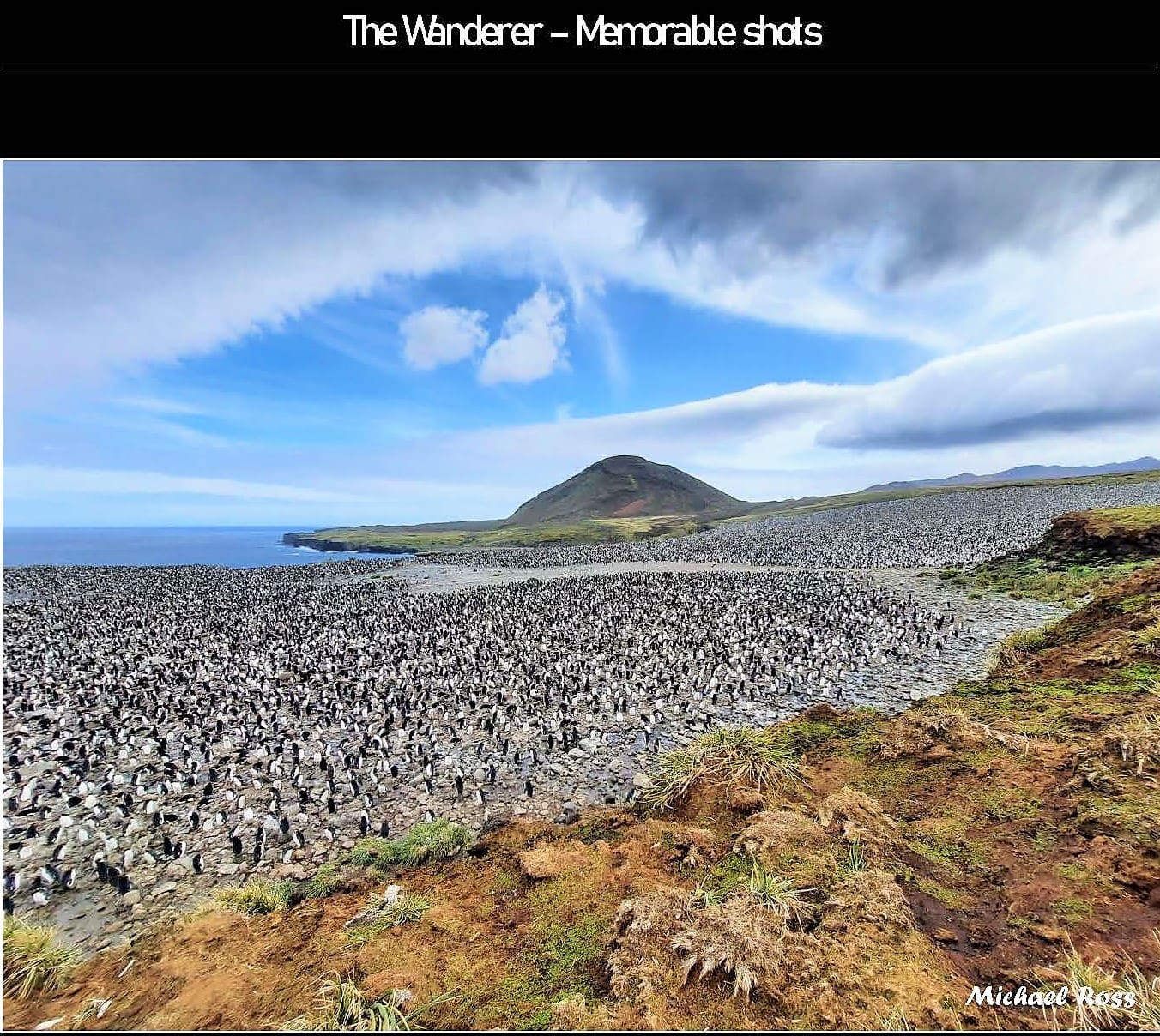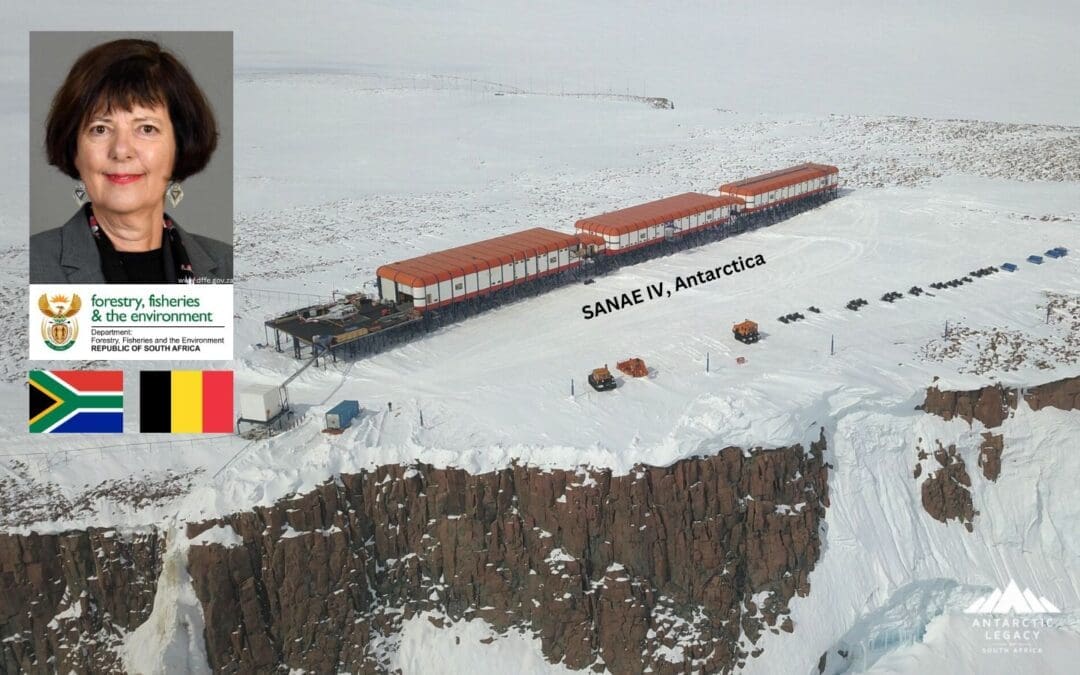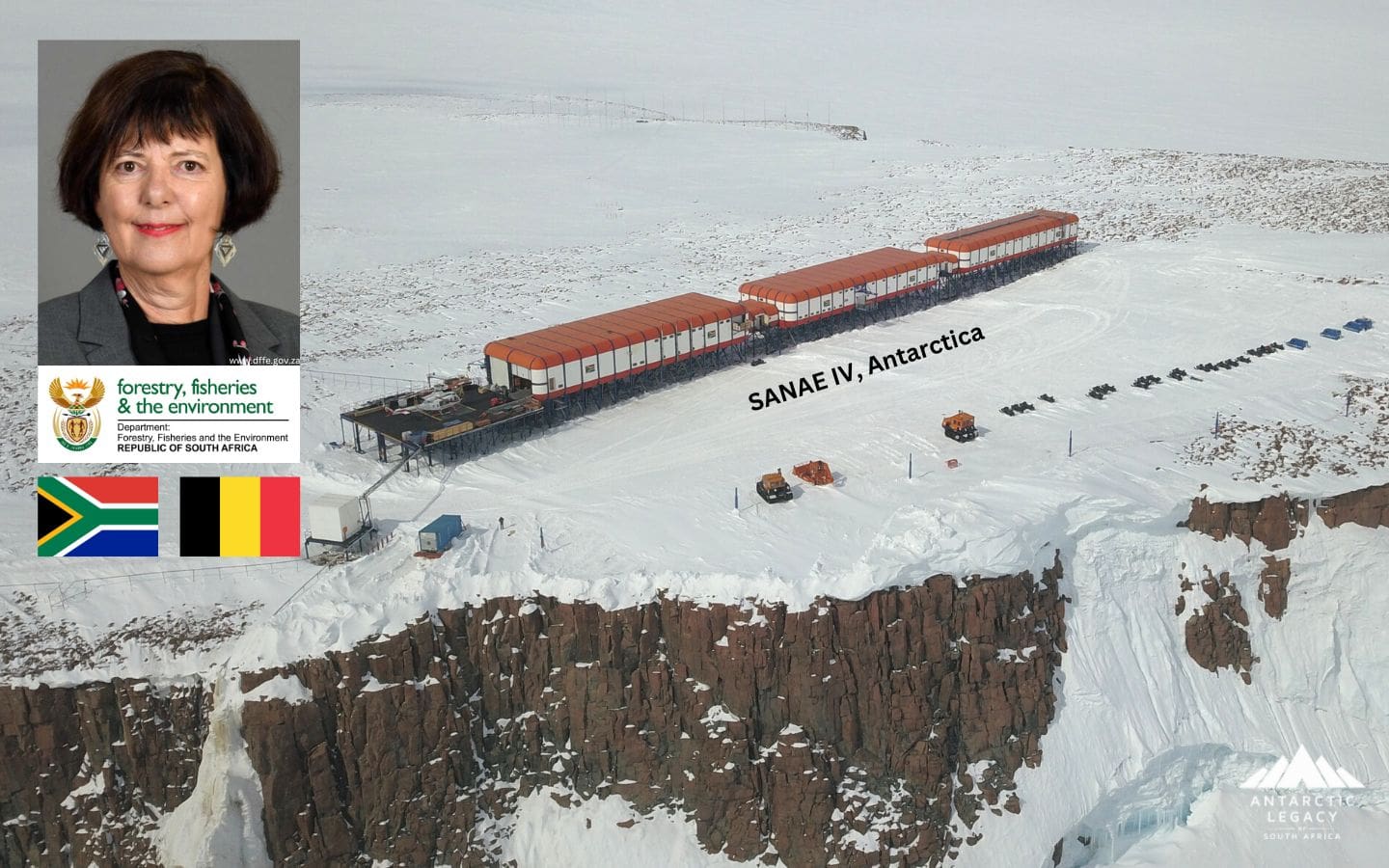
by Ria Olivier | Feb 27, 2023 | Announcement, Gough Island, News, Newsletters>Gough Island Newsletters, Overwintering Team, SANAP, Stations, Team member, Team Photo
The 68th Gough Island Overwintering Team has published their first newsletter – The Bunting – January 2023 (Issue 1).
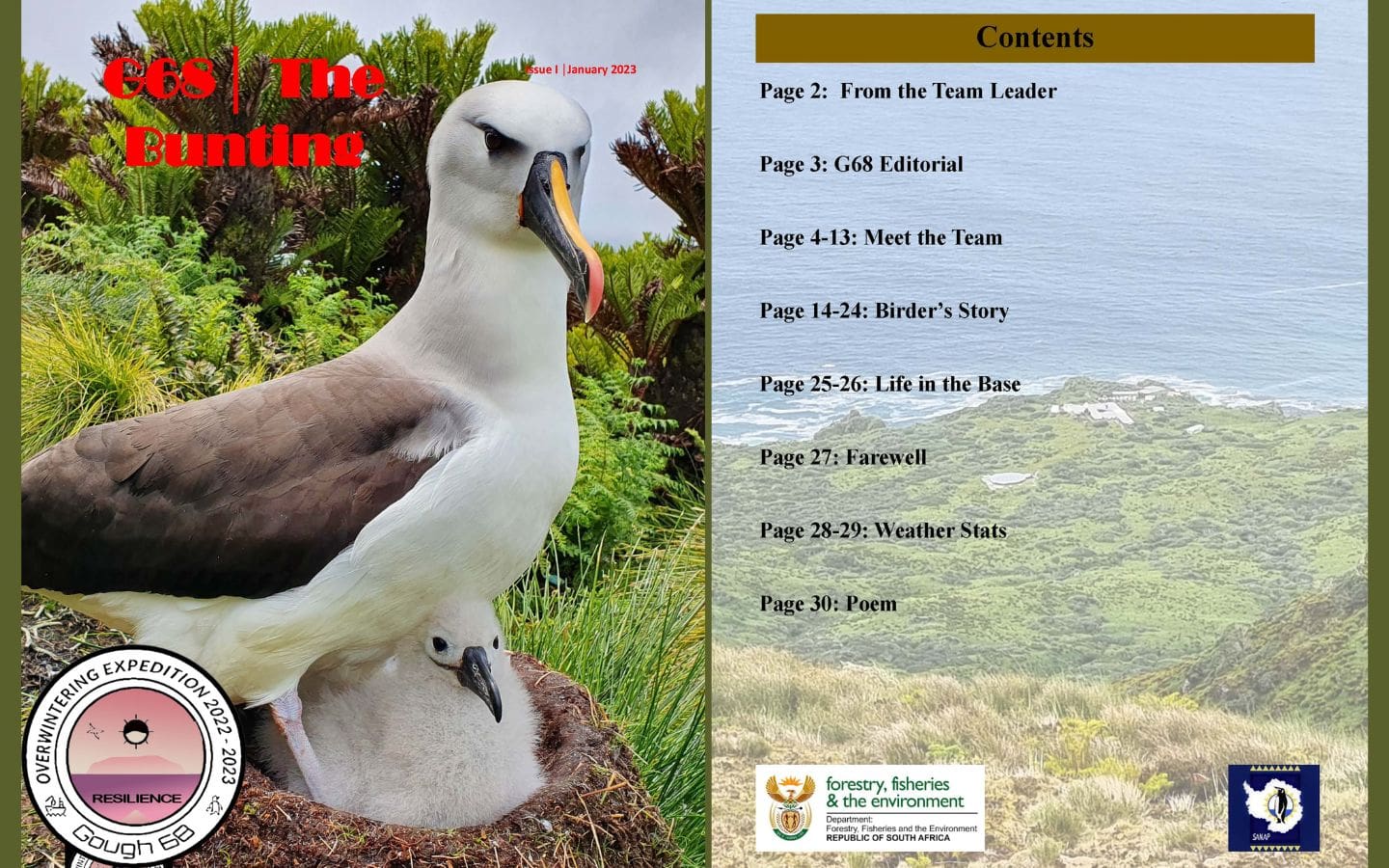
In this edition:
- Letter from the team leader
- Words from the G68 Bunting editorial team
- Meet the G68 team
- Birder’s Stories
- Life in the Base (birthday celebration)
- Farewell to Sandile (Medical Orderly of G67 who had to stay behind until a new medic is sent to Gough)
- Weather Stats (October, November, December 2022)
- To end the newsletter; a poem about an Albatross chick.
Click here to download/view the newsletter!
Birthdays celebrated by G68 so far:
Anche Louw, South African Polar Research Infrastructure (Data, Products & Society Node), 27 February 2023.

by Ria Olivier | Feb 24, 2023 | Announcement, Biogeochemistry, Environment, Microbiology, News, Research, SANAP, Science
Mayibongwe Buthelezi, a PhD student from University of Pretoria, is currently participating in the 30th Atlantic Meridional Transect cruise (AMT-30).

The AMT (Atlantic Meridional Transect) cruises are a series of research voyages conducted annually across the Atlantic Ocean, from the UK to the Caribbean, to study the ocean’s biogeochemistry, ecology, and physical properties. The cruises are multidisciplinary and include scientists from around the world. As part of the cruise, samples are collected at multiple depths and locations along the transect (read more about AMT here and here).

SANAP Project Involved: Enhanced insights regarding the ecology, evolution and function of marine microbiomes
Project Principal Investigator: Prof Thulani P. Makhalanyane
The South African Research Chairs Initiative (SARChI) Chair in Marine Microbiomics has a SANAP funded project focused on understanding microbiomes in the Southern Ocean and South Atlantic. The project titled “Enhanced insights regarding the ecology, evolution and function of marine microbiomes.” As part of this project, we have initiated a series of collaborative activities to access and join international cruises through the EU funded AtlantECO program.
Mayibongwe Butlelezi, a NRF/SANAP funded PhD student from the University of Pretoria, was selected to join this 6-week cruise aboard the Discovery. AMT30 has departed from the Falkland Islands on 21 February 2023. As far as we know, Mayi is the sole South African representee on the cruise. His project is focused on understanding the role played by marine microorganisms in the sulphur cycle. Specifically, Mayi will collect samples using protocols developed as part of the AtlantECO project to study microbiomes along the water column and to specifically quantify DMSP (Dimethylsulfoniopropionate).
Follow the work of Prof Makhalanyane and his team on Twitter:
 @microbiomeUP
@microbiomeUP
What’s happening on social media:
Text: Prof Thulani P. Makhalanyane, Department of Biochemistry, Genetics and Microbiology, University of Pretoria.
Images: amt-uk.org, @Thuls_M and @microbiomeUP
Edited: Anche Louw, South African Polar Research Infrastructure (Data, Products & Society Node), 24 February 2023.

by Ria Olivier | Feb 6, 2023 | Announcement, Jobs, Marion Island, News, Overwintering Team, Prince Edward Islands, SANAP, Stations, sub-Antarctic

Join the 80th Marion Island Overwintering Team!
The Department of Forestry, Fisheries and the Environment (DFFE) is looking for suitable candidates to join the 2023/2024 Marion Island team.
The team will depart (on the research and supply vessel, S.A. Agulhas II) to the sub-Antarctic Marion Island in April 2023 and return in May 2024.
Positions to be filled:
- Communications Engineer/Technician
- Electrical Engineer/Technician
- Diesel Mechanic
- Medical Orderly
APPLICATION DEADLINE: 10 February 2023
Click on the link below to view the positions to be filled.
Marion Island JOBS
Read more about Marion Island
Anche Louw, South African Polar Research Infrastructure (SAPRI), 06 February 2023

by Ria Olivier | Feb 2, 2023 | Commemorative Days, Current Event, Environment, International Days, Marine Protected Area, Marion Island, Mice Eradication, News, Prince Edward Island, Prince Edward Islands, SANAP, Science, Southern Ocean, sub-Antarctic
 World Wetlands Day, is celebrated every year on 02 February. On this day, in 1971, the Convention on Wetlands of International Importance (Ramsar Convention) was signed in Ramsar, Iran.
World Wetlands Day, is celebrated every year on 02 February. On this day, in 1971, the Convention on Wetlands of International Importance (Ramsar Convention) was signed in Ramsar, Iran.
World Wetlands Day is celebrated to to “raise awareness and understanding of what wetlands are and how we can contribute towards restoring them through making conscious choices, becoming persuasive voices and taking bold actions” (read more here).
What is a wetland?
A wetland is defined as the land which is transitional between terrestrial and aquatic systems where the water table is usually at or near the
surface, or the land is periodically covered with shallow water, and which land in normal circumstances supports or would support vegetation typically adapted to life in saturated soil (1).
Why is wetland restoration so important? Listed below are a few benefits of wetland restoration:
- Enhanced biodiversity
- Improve water supply
- Store carbon
- Reduced impacts from flooding
- Improve livelihoods
- Enhance well–being
- Protection of agricultural resources (1; 2)
Is your role in wetland restoration important?
Yes! Our individual and collective actions have an impact (1).
What can you as individual do to help protect and preserve wetlands?
- Participate in programs that help protect and restore wetlands.
- Report illegal actions such as unauthorized wetland fill or dredging activities to government authorities
- Pick up litter and dispose in appropriate trash containers. Keep surface areas that wash into storm drains clean from pet waste, toxic chemicals, fertilizers and motor oil, which can eventually reach and impair our wetlands.
- Use native species when planting trees, shrubs and flowers to preserve the ecological balance of local wetlands.
- Avoid wetland when you are expanding your house.
- Use phosphate-free laundry and dishwasher detergents. Phosphates encourage algae growth, which can suffocate aquatic life.
- Use non-toxic products for household cleaning and lawn and garden care. Never spray lawn and garden chemicals outside on a windy day or on a day that it might rain and wash the chemicals into waterways.
- Enjoy the scenic and recreational opportunities wetlands offer, while preserving their integrity for future generations by minimizing the use of heavy equipment and staying in designated visitor areas where available (3).
Did you know that the South African Prince Edward Islands (Prince Edward Island and Marion Island) is declared as Wetland of International Importance?
 The Prince Edward Islands was declared Wetland of International Importance: Ramsar Site No.1688, on 22 May 2007. The conservation and management of this site falls within the responsibility of the Directorate: Southern Oceans and Antarctic Support of the Department of Forestry, Fisheries and the Environment.
The Prince Edward Islands was declared Wetland of International Importance: Ramsar Site No.1688, on 22 May 2007. The conservation and management of this site falls within the responsibility of the Directorate: Southern Oceans and Antarctic Support of the Department of Forestry, Fisheries and the Environment.
Want to know about wetlands in South Africa?
Click on the posters to enlarge.
What’s been happening on Social Media
Sources:
1- https://www.worldwetlandsday.org/
2- https://www.dffe.gov.za/event/international/wetlandsday2013
3- https://www.epa.gov/wetlands/what-you-can-do-protect-coastal-wetlands
4- https://rsis.ramsar.org/ris/1688
5- https://alp.lib.sun.ac.za/handle/123456789/15327
6- https://blogs.sun.ac.za/antarcticlegacy/event/world-wetlands-day/
Anche Louw, South African Polar Research Infrastructure, 02 February 2023.

by Ria Olivier | Jan 28, 2023 | Announcement, Marion Island, Newsletters>Marion Island Newsletters, Overwintering Team, SANAP, sub-Antarctic
 October and November were two enormously busy months. The elephant seals’ breeding season came to an abrupt end and immediately shifted to the moulting season. Brown skua nests and small chicks have started to appear widespread across the island. Flowers are in full bloom from the coast to the midlands; and the new Wandering Albatross breeding pairs have suddenly made their appearance on the Marion plains, while the past year’s Wanderer-juveniles have almost all fledged by now. The team is in high spirits as we approach the festive season and we are enjoying sunnier days. The wind speeds, however, have kept their ‘Roaring Forties’ name, respectably high. Enjoy this edition of The Wanderer! – Elsa van Ginkel
October and November were two enormously busy months. The elephant seals’ breeding season came to an abrupt end and immediately shifted to the moulting season. Brown skua nests and small chicks have started to appear widespread across the island. Flowers are in full bloom from the coast to the midlands; and the new Wandering Albatross breeding pairs have suddenly made their appearance on the Marion plains, while the past year’s Wanderer-juveniles have almost all fledged by now. The team is in high spirits as we approach the festive season and we are enjoying sunnier days. The wind speeds, however, have kept their ‘Roaring Forties’ name, respectably high. Enjoy this edition of The Wanderer! – Elsa van Ginkel
In this Issue – download Newsletter here
- A word from the editors
- Meet the Astrophysicist and the SAWS team
- Fashionable Field Gear
- Marion’s Marvelous Birds
- Memorable Shots!
- Battle of The Bulls
- A Job to ‘Killer Whale’
- Island Life
- Celebrations
- Circle of Life – Round Island for the Readers
- What have the team been up to in October and November?
- Memorable shots


by Ria Olivier | Jan 10, 2023 | Announcement, Antarctica, Current Event, Environment, News, SA Agulhas II, SANAE, SANAE IV, SANAP, Science, Stations

Media Release by the Department of Forestry Fisheries and the Environment
Minister Barbara Creecy visits Antarctica, 9 to 12 Jan
Forestry, Fisheries and the Environment Minister, Ms Barbara Creecy, will on Monday (9 January 2023) visit the Princess Elisabeth Antarctic Research Station as a guest of the Government of Belgium for four days.
The Ministerial visit to the research station is being hosted by the Government of Belgium and the International Polar Foundation, as the operator of the Princess Elisabeth Antarctica under mandate from the Belgian Polar Secretariat.
While at the base the Minister will have an opportunity to learn more about the first zero emissions research station in Antarctica, which has become a showcase for best practice in the use of renewable energies to reduce the environmental impact of operations on Antarctica. The Belgians have expressed their desire to sharing Best Practice to improve the environmental performance of the South African Research Infrastructure in Antarctica.
The Belgian Antarctic Research Expedition (BELARE) uses Cape Town as its gateway.
On Tuesday, 10 January 2023, Minister Creecy will travel from the Belgian base to the South African Antarctic Programme’s Research Station, known as SANAE IV, in Queen Maud Land. At the base, which is managed and administered by the Department of Forestry, Fisheries and the Environment, Minister Creecy will interact with station crew and also inspect the facilities used by the South African scientists. During the visit to the biodiversity hotspot, the Minister will learn about the threats of pollution and research into the human impact on ocean and marine ecosystems threatened by global climate change and earth systems observations.
The S.A. Agulhas II departed Cape Town in December with the team for 2023, also delivering equipment, supplies and fuel.
The department has maintained South Africa’s research presence in Antarctica and the Prince Edward Islands. The scientific data that is collected during voyages is critical to the understanding of amongst other things, the impacts of climate change and weather information associated with extreme events.
The first South African built Antarctic base, a wooden structure, SANAE I, was a Meteorological research station constructed in 1961/62. South Africa has not only maintained an uninterrupted presence in the Antarctic since 1960 but played an active role in the management and conservation of the vast continent and contributed to the pool of scientific knowledge.
MEDIA RELEASE
For media inquiries contact:
Albi Modise
Cell: 083 6490 2871
Ria Olivier, Antarctic Legacy of South Africa, 10 January 2023
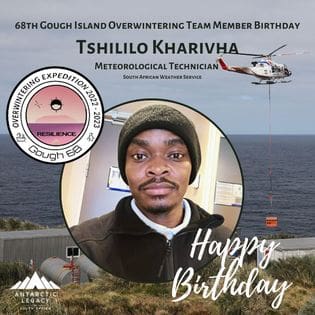



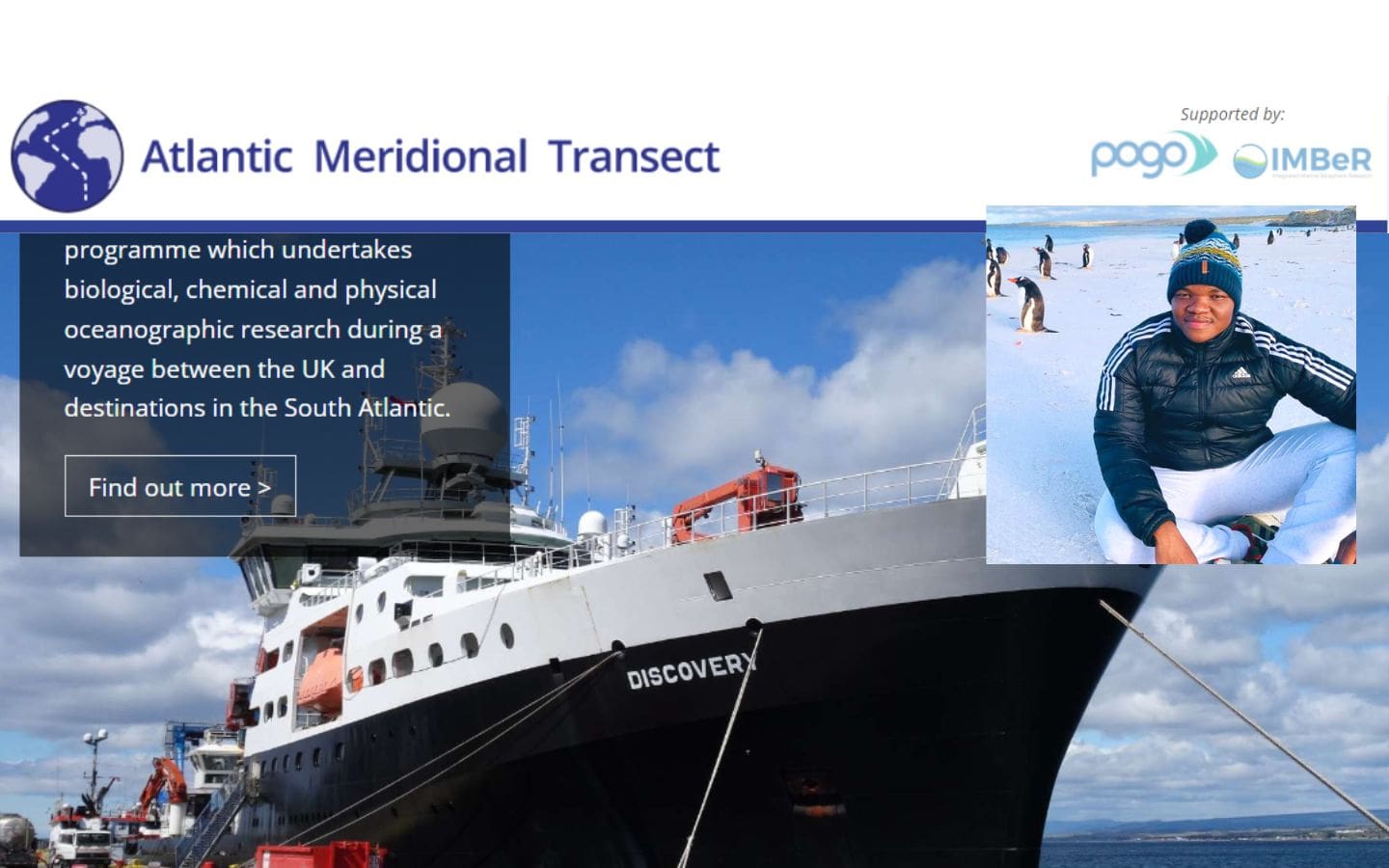

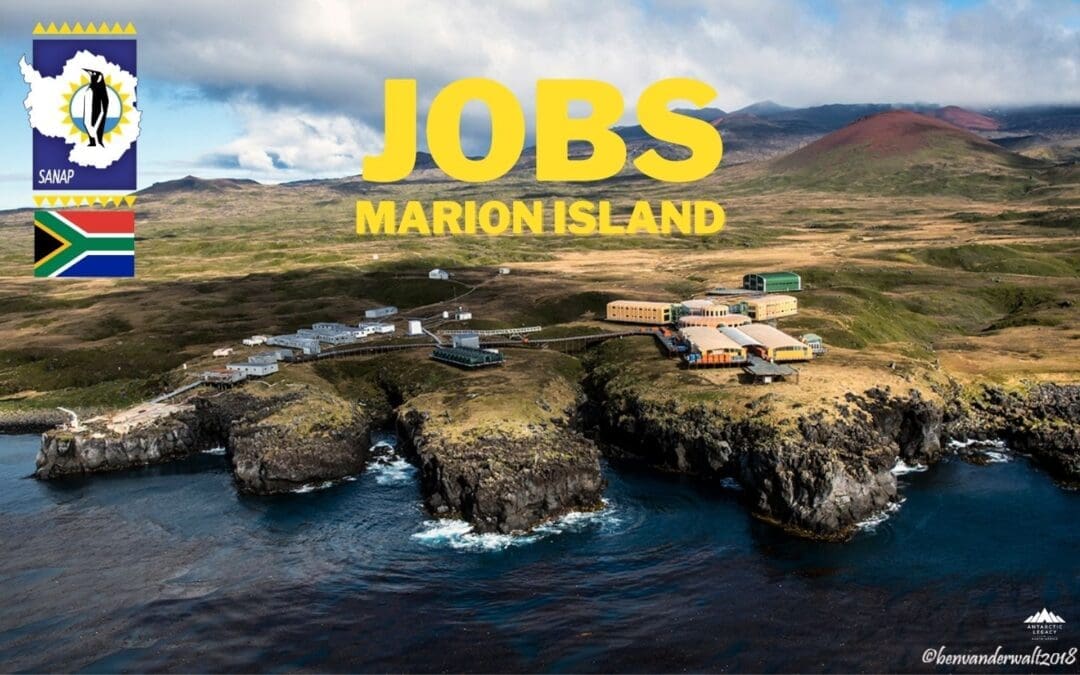
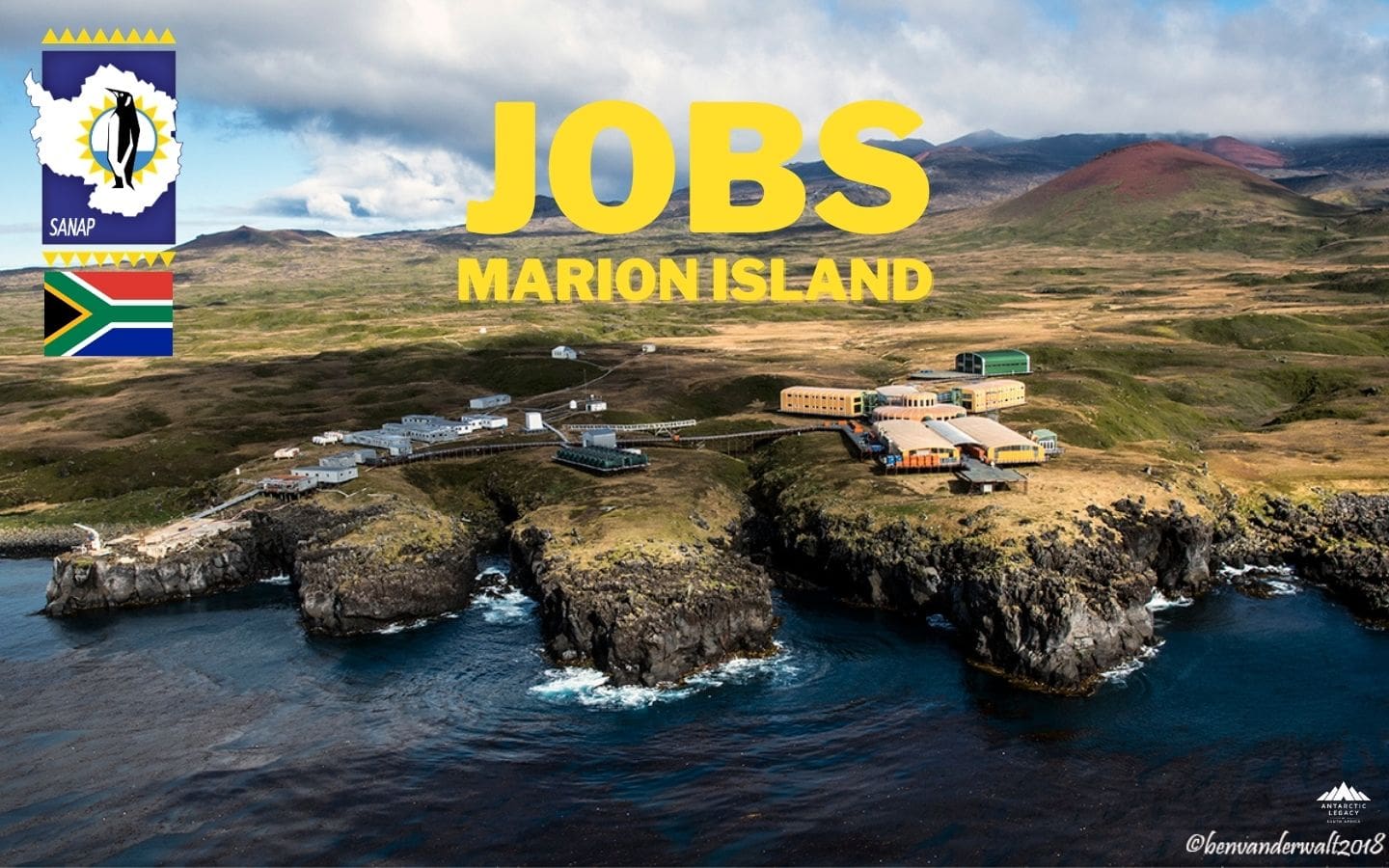

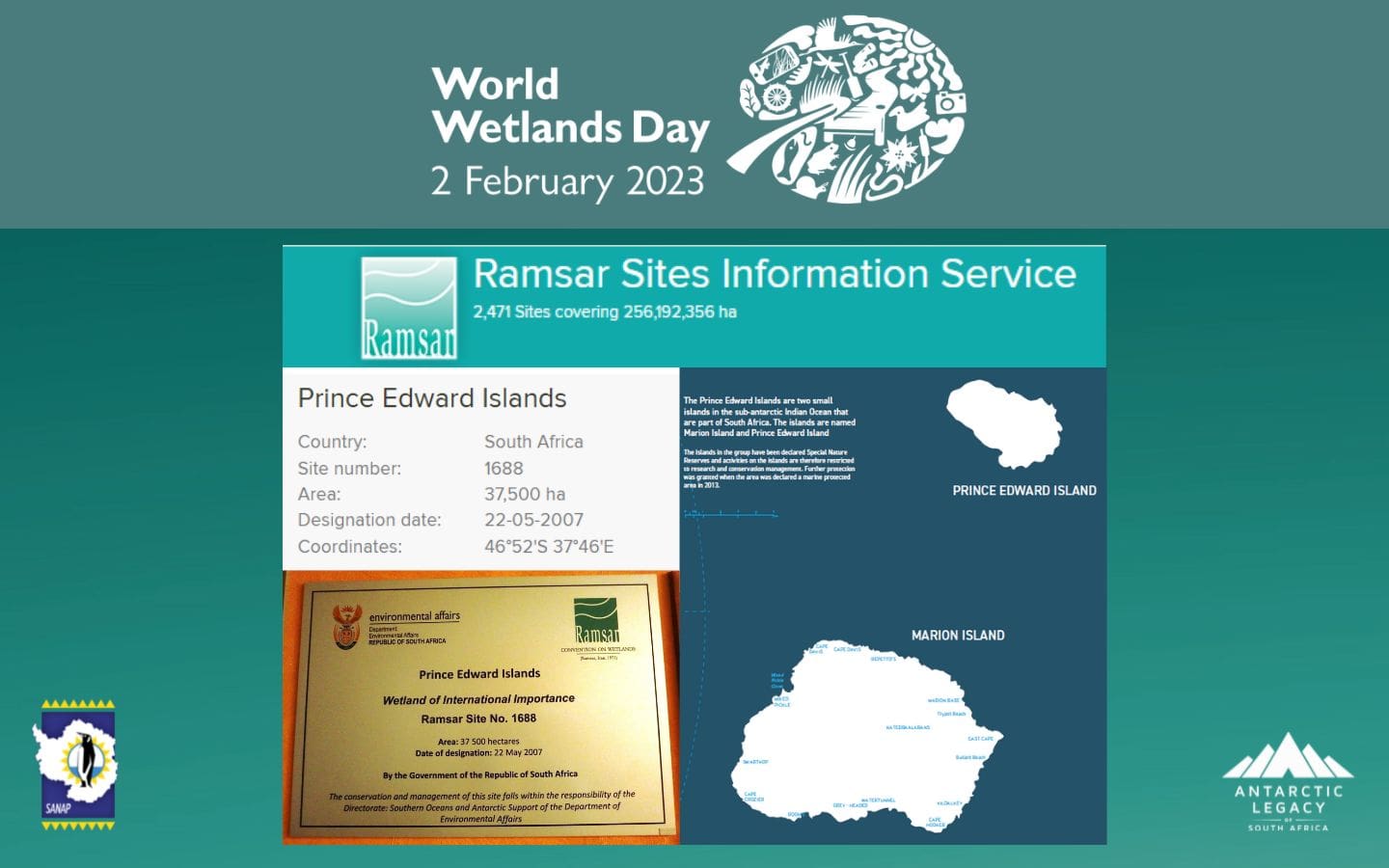
 The Prince Edward Islands was declared
The Prince Edward Islands was declared 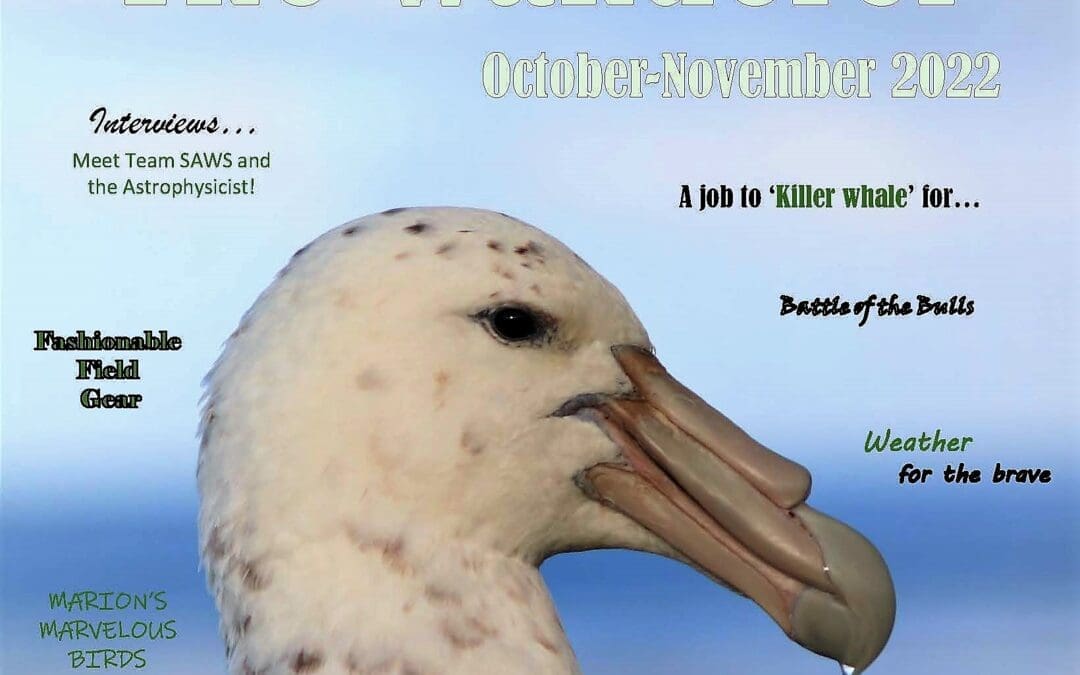
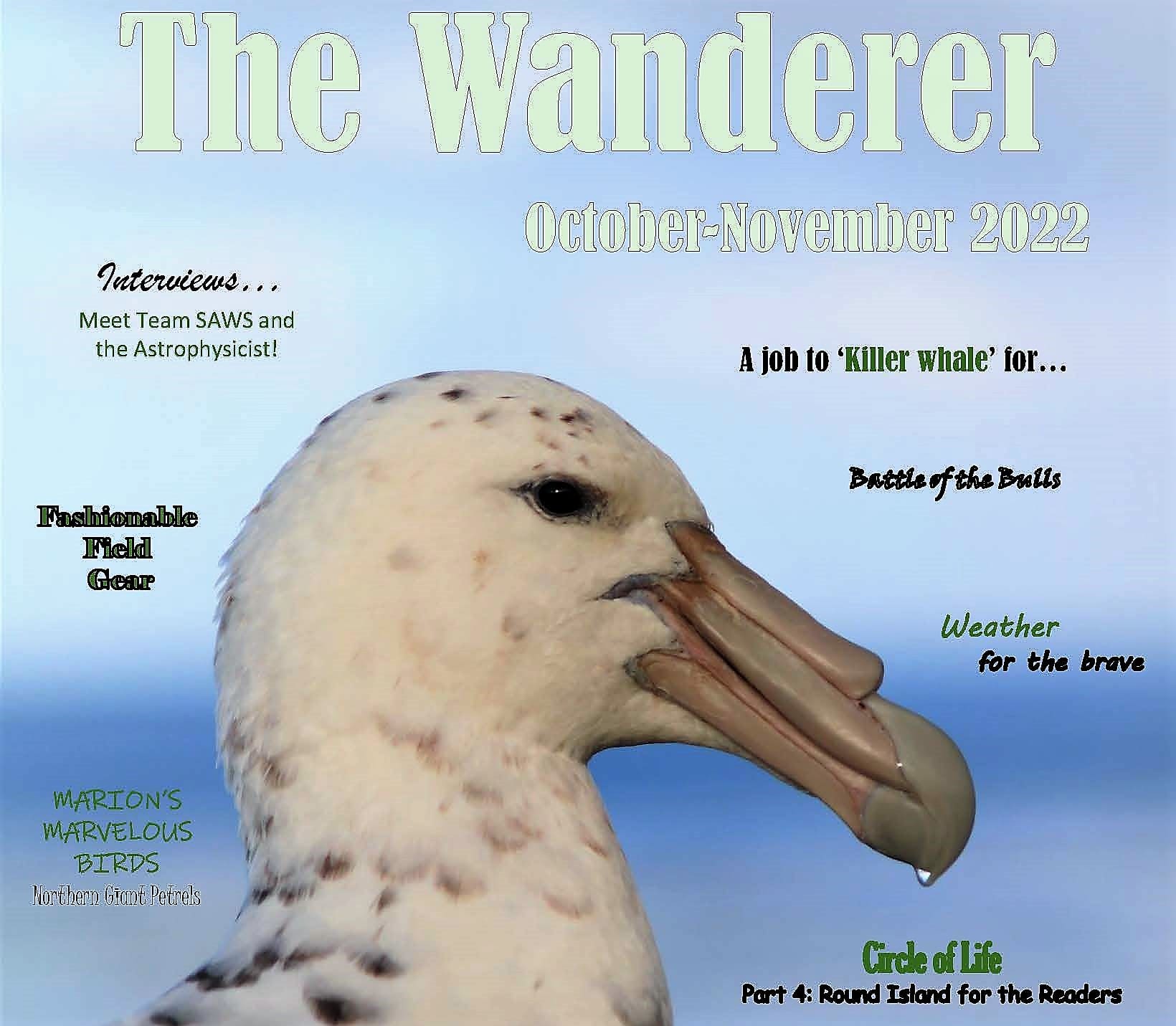 October and November were two enormously busy months. The elephant seals’ breeding season came to an abrupt end and immediately shifted to the moulting season. Brown skua nests and small chicks have started to appear widespread across the island. Flowers are in full bloom from the coast to the midlands; and the new Wandering Albatross breeding pairs have suddenly made their appearance on the Marion plains, while the past year’s Wanderer-juveniles have almost all fledged by now. The team is in high spirits as we approach the festive season and we are enjoying sunnier days. The wind speeds, however, have kept their ‘Roaring Forties’ name, respectably high. Enjoy this edition of The Wanderer! – Elsa van Ginkel
October and November were two enormously busy months. The elephant seals’ breeding season came to an abrupt end and immediately shifted to the moulting season. Brown skua nests and small chicks have started to appear widespread across the island. Flowers are in full bloom from the coast to the midlands; and the new Wandering Albatross breeding pairs have suddenly made their appearance on the Marion plains, while the past year’s Wanderer-juveniles have almost all fledged by now. The team is in high spirits as we approach the festive season and we are enjoying sunnier days. The wind speeds, however, have kept their ‘Roaring Forties’ name, respectably high. Enjoy this edition of The Wanderer! – Elsa van Ginkel